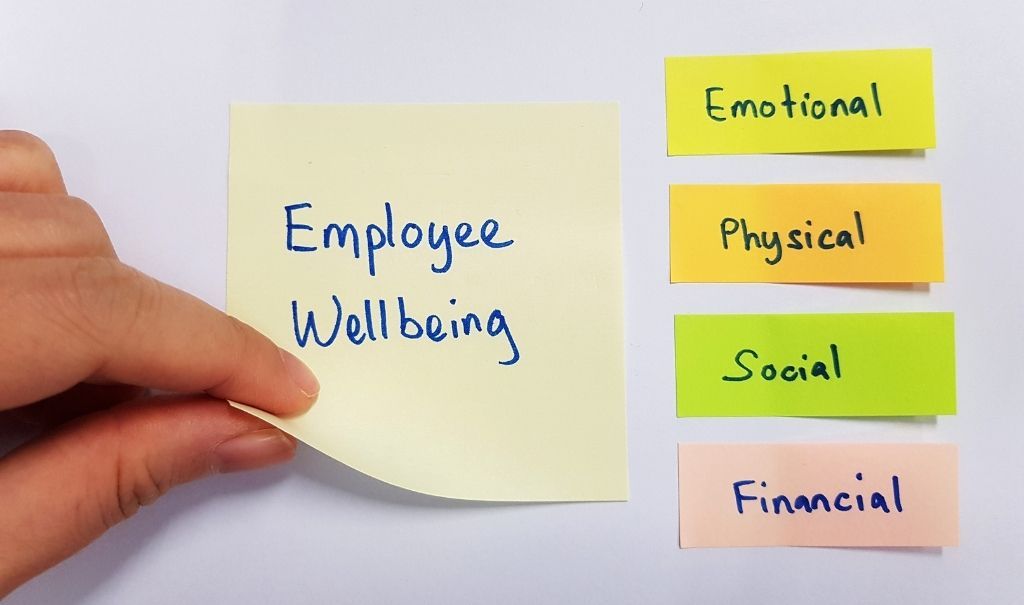Wages Rises Accelerate to Fastest Pace Since 2008

| W.E.U Admin | Improving Working Lives
TAGS: Economics, Pay, Wages
Dear Members, we urge you to read the article posted by the BBC. Although it presents different views, the simple fact that cannot be ignored is that wages are increasing. The figures below vindicate the Workers of England’s stance and hard campaigning on your behalf. The evidence is clear that our wages, as workers in England, will rise if the government has the confidence to continue with Brexit.
Our Campaign for Controlled Immigration
The Workers of England Union has campaigned extensively for Brexit because we believed that controlled immigration would lead to higher wages. With proper limits on incoming workers, the British government can set robust economic laws tailored to employment needs across the UK. We have maintained that reasonable restrictions on workers entering the country are necessary when specific employment sectors risk being saturated.
It is clear that fewer applicants per vacancy empower workers to negotiate better pay and training. Big businesses oppose Brexit because they know that with reduced competition, workers in England and the wider UK will see their earnings grow. Lord Rose, head of the Remain campaign, also acknowledged that controlled immigration would boost wages.
Key Official Statistics from the ONS
- 3.3% wage growth (excluding bonuses) for the three months to October—the largest rise since November 2008.
- Average weekly wages of £495 (inflation-adjusted)—the highest since 2011.
- Record employment of 32.48 million people in work.
- Historic employment high since records began in 1971.
- Unemployment at 1.38 million, up by 20,000 but still lower than a year earlier.
- Job vacancies reached a record 848,000.
- Over half of the 329,000 jobs created in the year to October went to people newly joining the labour force.
"Real earnings are now growing faster than at any time since around the end of 2016," said Matt Hughes, ONS senior statistician.
"Today’s statistics show the enduring strength of our jobs market, with wages outpacing inflation for the ninth month in a row and employment at a record high," said Employment Minister Alok Sharma.
"The rise in pay growth is little consolation for workers in the middle of the longest pay squeeze in 200 years," said TUC general secretary Frances O’Grady. Real wages are not expected to return to pre-crisis levels until 2024.
Economic and Business Perspectives
CBI’s Matthew Percival and British Chambers of Commerce’s Suren Thiru warn that a tightening labour market and political turbulence may dampen recruitment intentions.
Howard Archer, chief economic adviser to the EY Item Club, noted that companies are keen to hire while skilled candidates are scarce, partly due to fewer EU workers.
Analysts at Capital Economics believe real wage growth recovery will be sustained, supporting GDP rebound if a no-deal Brexit is avoided.
Resolution Foundation’s Stephen Clarke highlighted that despite Brexit uncertainty, the labour market remains resilient, though real pay is still below pre-crash levels.
Yours sincerely,
Stephen Morris
General Secretary
Learn more about how wage growth is accelerating on our site.
workersofengland.co.uk | Independent Workers Trade Union



















